The 100 Greatest Silent Film Comedians
The 100 Greatest Silent Film Comedians
James Roots
Rowman & Littlefield
Lanham Boulder New York London
Published by Rowman & Littlefield
A wholly owned subsidiary of The Rowman & Littlefield Publishing Group, Inc.
4501 Forbes Boulevard, Suite 200, Lanham, Maryland 20706
www.rowman.com
16 Carlisle Street, London W1D 3BT, United Kingdom
Copyright 2014 by Rowman & Littlefield
All rights reserved. No part of this book may be reproduced in any form or by any electronic or mechanical means, including information storage and retrieval systems, without written permission from the publisher, except by a reviewer who may quote passages in a review.
British Library Cataloguing in Publication Information Available
Library of Congress Cataloging-in-Publication Data
Roots, James, 1955
The 100 greatest silent film comedians / James Roots.
pages cm
Includes bibliographical references and index.
ISBN 978-1-4422-3649-3 (cloth : alk. paper) ISBN 978-1-4422-3650-9 (ebook) 1. Silent filmsUnited StatesHistory and criticism. 2. Comedy filmsUnited StatesHistory and criticism. 3. Motion picture actors and actressesBiography. I. Title. II. Title: One hundred greatest silent film commedians.
PN1995.75.R66 2014
791.43'0973dc23 2014018461
 The paper used in this publication meets the minimum requirements of American National Standard for Information SciencesPermanence of Paper for Printed Library Materials, ANSI/NISO Z39.48-1992.
The paper used in this publication meets the minimum requirements of American National Standard for Information SciencesPermanence of Paper for Printed Library Materials, ANSI/NISO Z39.48-1992.
Printed in the United States of America
Contents
Preface
I started working on this book in 20112012. Id like to bamboozle you that it was my cunning idea to celebrate the one hundredth anniversary of the founding of the Keystone Studios by celebrating one hundred of the best comedians to have performed during the subsequent brief years of silent comedy films, since the genre as we know it really began with Mack Sennetts gutsy planting of the Keystone flag in 1912. But in fact I had been writing notes on silent comedies for years previously; had participated enthusiastically in Internet site chats dedicated to the field for more than twenty years; and had contributed reviews of books about silent films to literary magazines for a dozen years. And I didnt make the connection between this enterprise and the centenary of Keystone until I had, in fact, finished the first draft, a date that happened to be the anniversary of the release of Mr. Fix-it .
But, hey, its still a pretty neat centennial project!
Like so many of the Boomer fans (I was born in 1955), I came to silent comedy by way of television. As a Torontonian, I didnt have access to the regular series that introduced silent films to postwar Americans as speeded-up and butchered lafftoonsthe Ted Mann series, the Paul Killiam series, or the Fractured Flickers series; these were not broadcast on the Buffalo (NY) stations we could pick up with our antenna. But I did have the Canadian Broadcasting Corporation (CBC), and its French-language bookend Radio-Canada, and the provincial educational channel TVOntario (TVO).
One accessible Buffalo station, in between news anchorman Irv Weinsteins hair-ripping accounts of fires in Tonawanda, forced its weatherman to chair an afternoon kiddie program in the unconvincing guise of Commander Tom. (This was one of the inspirations for Joe Flahertys unforgettable running gag as SCTV s newsman Floyd Robertson moonlighting as horror-show host Count Floyd.) Silent comedy shorts frequently turned up on Commander Toms weekday shows; and if you want further insights into the development of my sense of humor, its worth mentioning that Paramounts classic 1930s comedy features (W. C. Fields, Marx Brothers, etc.) would pop up paired with a Tarzan flick on Sunday afternoonsand I would skip the Tarzan.
More important was CBCs summer replacement series of Laurel and Hardy shorts every Saturday at suppertime. My dad and I couldnt get enough of itsupper be damned! At our summer cottage on Lake Simcoe, Mums portable black-and-white TV set could pick up only two channels with its rabbit ears, but thank God, one of them was the CBC, and more than once we almost smashed through the plank floor with the force of our laughter at Stanley and Ollie.
In later years, TVO would occasionally run feature-length silent comedies, and it would also run documentaries and compilations such as those of Robert Youngson. Then in the late 1970s, Radio-Canada took to filling its Tuesday- and Thursday-afternoon dead times with silent features. This happily coincided with the purchase of my first VCR, a Beta so trustworthy that it still runs perfectly forty years later. Thus, I built a formidable collection of sepia-tinted features by Keaton, Lloyd, Fairbanks, Langdon, and others, with French intertitles that my high school franais skills can just barely manage.
After that, of course, came the deluge: thousands of silent comedies became available on VHS and then on DVD. In addition to retail market releases, I found private dealers in the United States, fellow fans willing to share their stuff with me, and one wonderful man who had never met me (and still hasnt) but enjoyed my writing so much that he would send me the latest releases just for the pleasure of being generous.
But let me return for a moment to my dad. This was a man who was a wonderful father to very young boys. In a time when fathers were still expected to be aloof and, as with TVs Ward Cleaver, a touch-me-not, condescending guide to their sons, Dad got down on his hands and knees and goofed with his two boys. He built a badminton court in our backyard that, every winter, was transformed into the ball-hockey center for three blocks worth of lads; in the warm months, the big lawn in front of it became the neighborhood baseball, football, and soccer field. With the exception of a single wedding-anniversary trip to Florida, he and Mum never took a holiday that excluded my sister, my brother, and me.
Then the psychedelic party of the sixties hit, at roughly the same time I hit adolescence. Dad remained terrific with little kids, but he was utterly clueless with rebellious teenagers. I was not a druggie or a dropoutquite the contrary in fact. What tore us apart was what we had in common: deafness.
In his teenage years, back when two-reelers were still being madealbeit in talkie formatDad was left severely hard of hearing by scarlet fever. A man of compulsive gregariousness, he didnt just refuse to let it change his outgoing ways; he couldnt even conceive of letting it make any difference in his life or personality. He put on a hearing aid and remained so true to himself that he became a wedding, portrait, and school photographera career that required endless talking, listening, chatting up strangers, and marketing himself by word of mouth. He did a fabulous job of it, too, sustaining a reputation as one of the best-known wedding photographers in Toronto for half a century, doing the official portraits for several Ontario provincial governments, taking a portrait of Prime Minister John Diefenbaker that was one of Diefs very favorites, and even photographing Queen Elizabeth II on one of the first visits she made to Canada after her coronation. Although his compulsion to underprice his work was as unstoppable as his compulsion to give a friendly wave to every car that drove by the house whether he could even see the occupants or notlet alone whether he knew themhe was so hardworking that we were, in hindsight, a fairly prosperous middle-class family. Our house, with Dads studio built into it and his darkroom and proofing workspace filling the basement, covered two lots and featured a huge backyard with the aforementioned badminton court, extensive lawn, a porch, a large patio for outdoor portraits, wonderful gardens (another of his passions), and apple, pear, and plum trees. We usually had two cars, since his work required him to drive around town a lot and Mum had three kids to ferry; only a couple of other families on the street had two cars at that time. We had a cottage on the worlds greatest lakefront: we could walk the sandy bottom of Lake Simcoe about a quarter of a mile into its transparent, chilly waters before they reached over our heads.
Next page
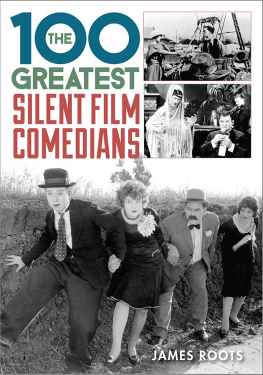
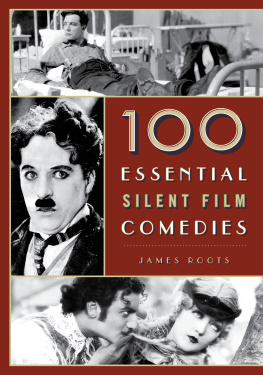
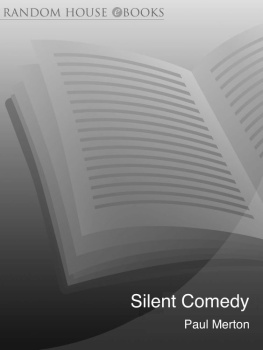
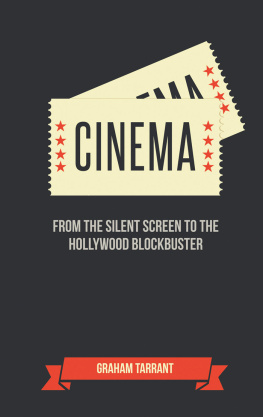
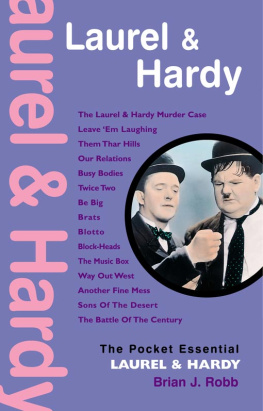


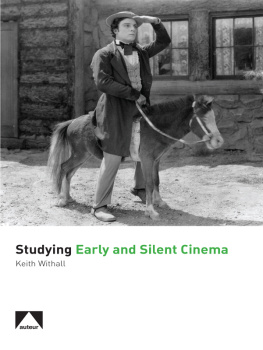
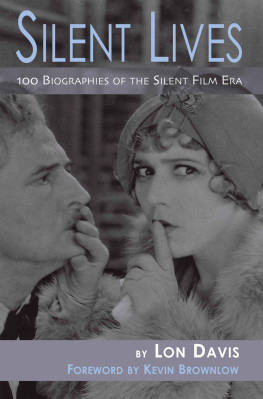
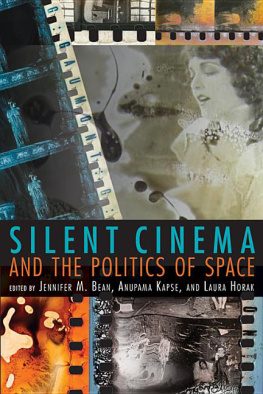
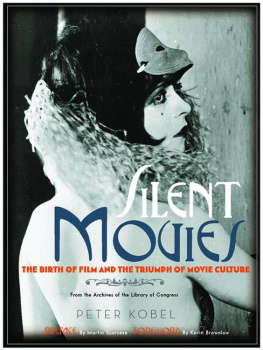
 The paper used in this publication meets the minimum requirements of American National Standard for Information SciencesPermanence of Paper for Printed Library Materials, ANSI/NISO Z39.48-1992.
The paper used in this publication meets the minimum requirements of American National Standard for Information SciencesPermanence of Paper for Printed Library Materials, ANSI/NISO Z39.48-1992.